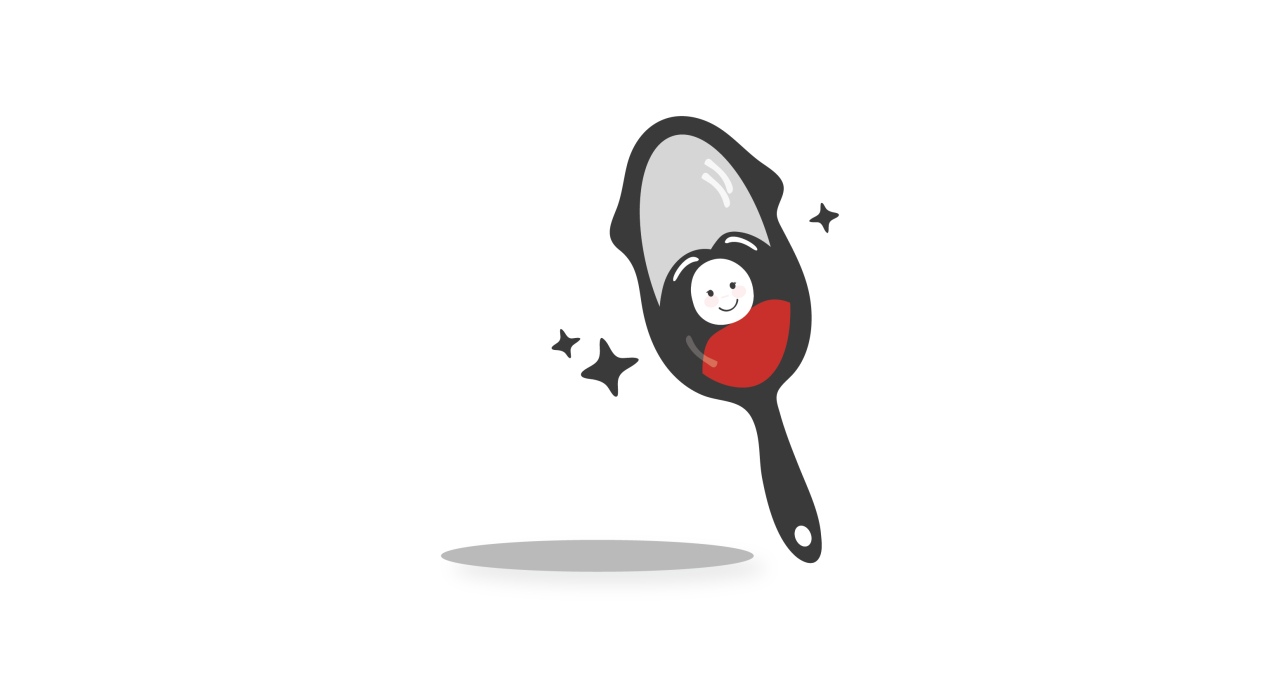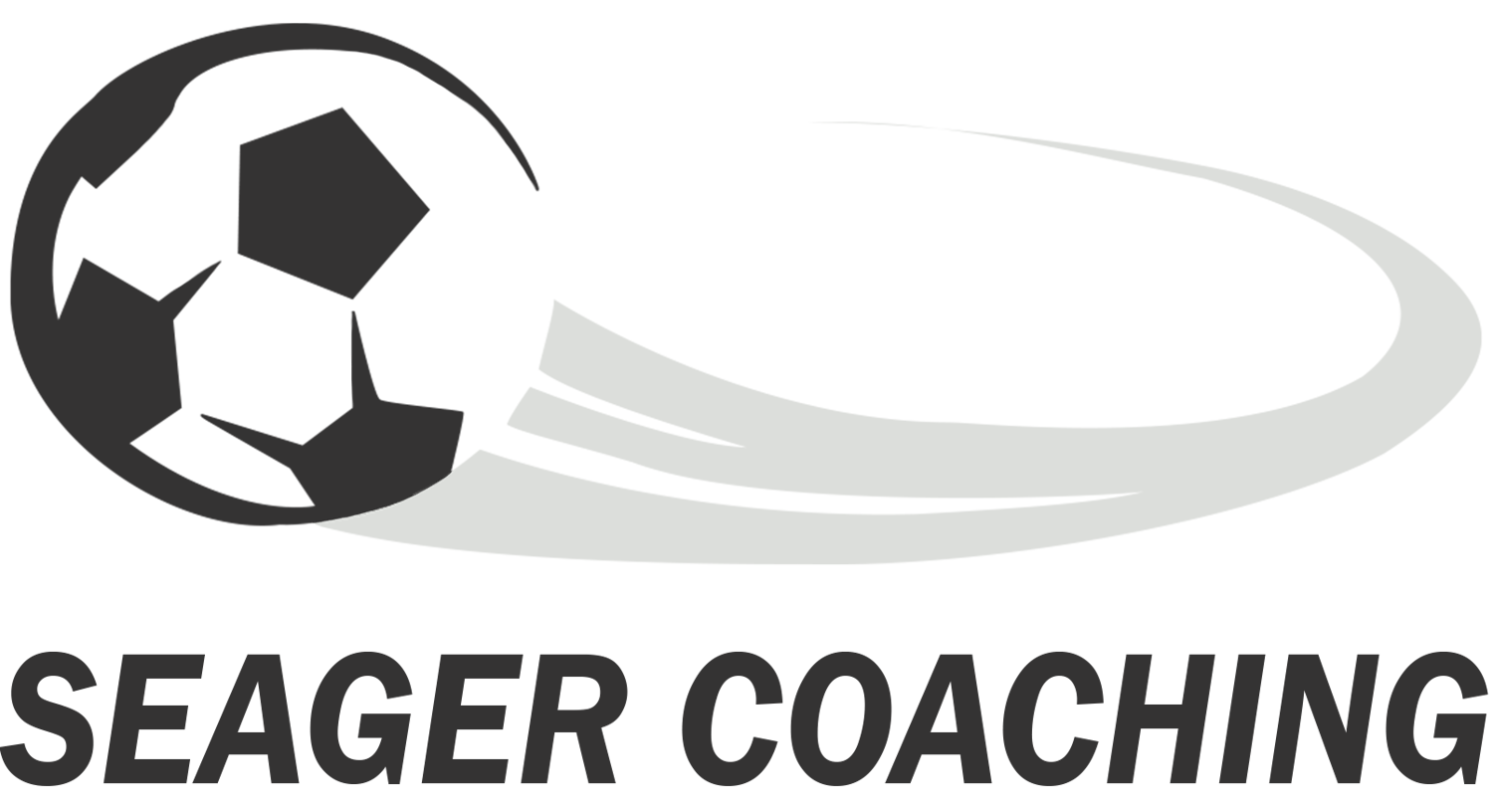Reflect and Set Goals Reflecting and setting goals is one of the best ways to accelerate your learning. I’d recommend that every coach creates a reflection template to evaluate themselves after every session, match or critical incident. Make a template suitable for your personal needs. Break it down to include all the key areas of coaching (.i.e. planning, organisation, coaching process, the flow of the session, how the players did, how you did as a coach, communication, debriefs etc). After every single session, match day, or critical incident, complete your reflection. Ask yourself specific questions and try to deeply reflect on the situation as much as possible:
1. “What did I do well?”
2. “What could I do better?”
3. “What will I do next time?”

The key to good reflections is that you must be 100% honest and open with yourself. You must be willing to acknowledge when it didn’t go well, but more importantly, you must outline what your next step will be. Everyone will have bad sessions; it’s only truly a bad session if you don’t learn from it. With reflections, you can recognise what happened and improve on it in the future. If you don’t reflect, you may as well stick your head in the sand and accept being the same coach that you are today, forever. Like anything, this is a skill, and over time you’ll be able to be more critical and honest with yourself. It takes time to be able to effectively analyse yourself. Humans are very competent at assessing other people but poor at assessing themselves. You need to work on it.
Once you have an honest and valid reflection of yourself, the next step is to set goals based on your findings. Use goal setting to set yourself short-term (a few sessions), medium-term (a few weeks) and long-term goals (a season). Ensure that you are using the SMART (Specific, Measurable, Attainable, Relevant, and Time-Bound) principle of goal setting to make your goals more impactful. Your goals should be challenging but also not impossible to achieve. The aim of a goal should be to achieve it. Don’t set goals you will never accomplish. Goals should be used as a reference for the coach to look back on past experiences and track their progress. It’s also useful to look back if you are experiencing self-doubt over your development. It is tangible evidence that you have improved.


Comments ()